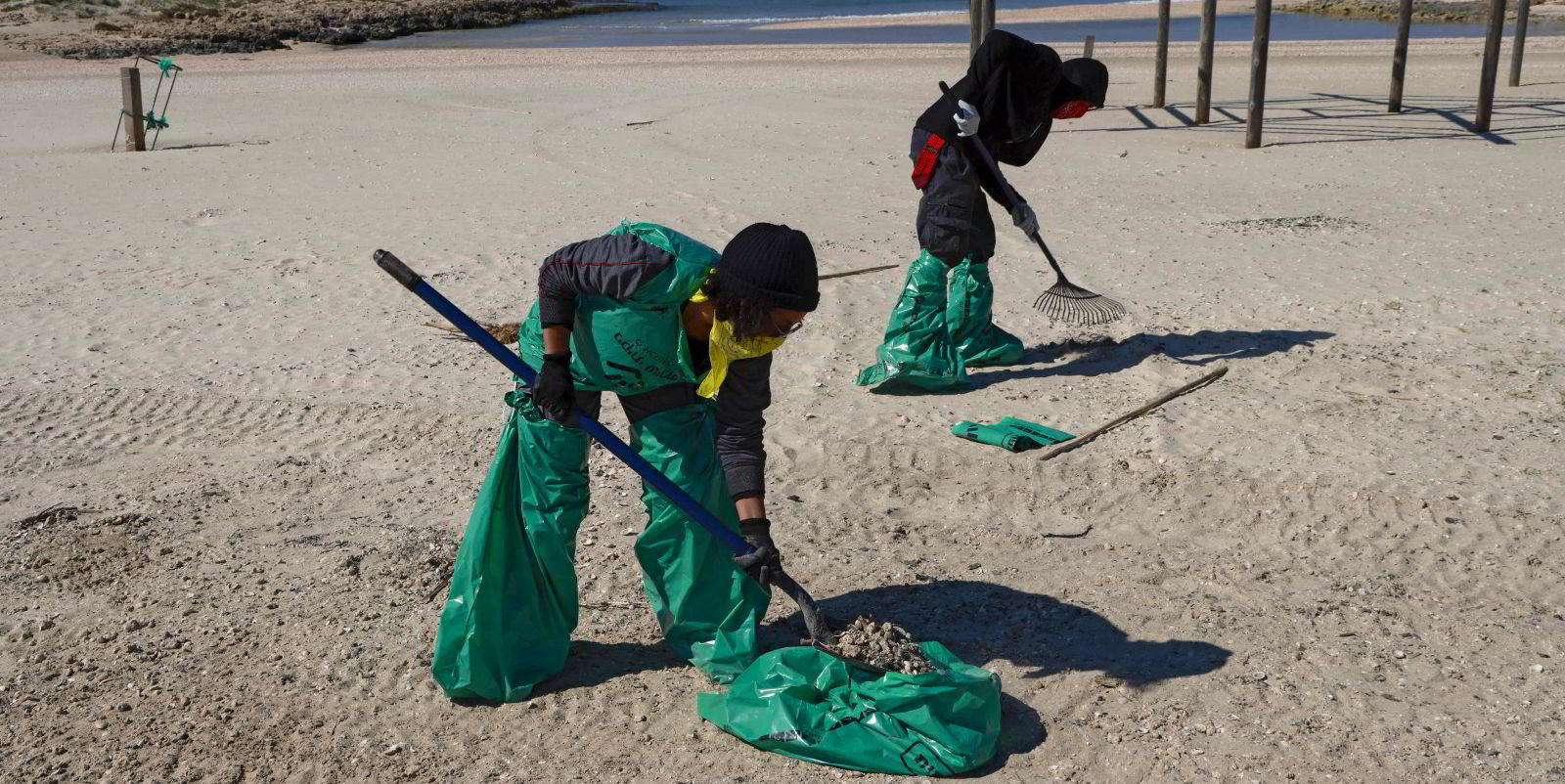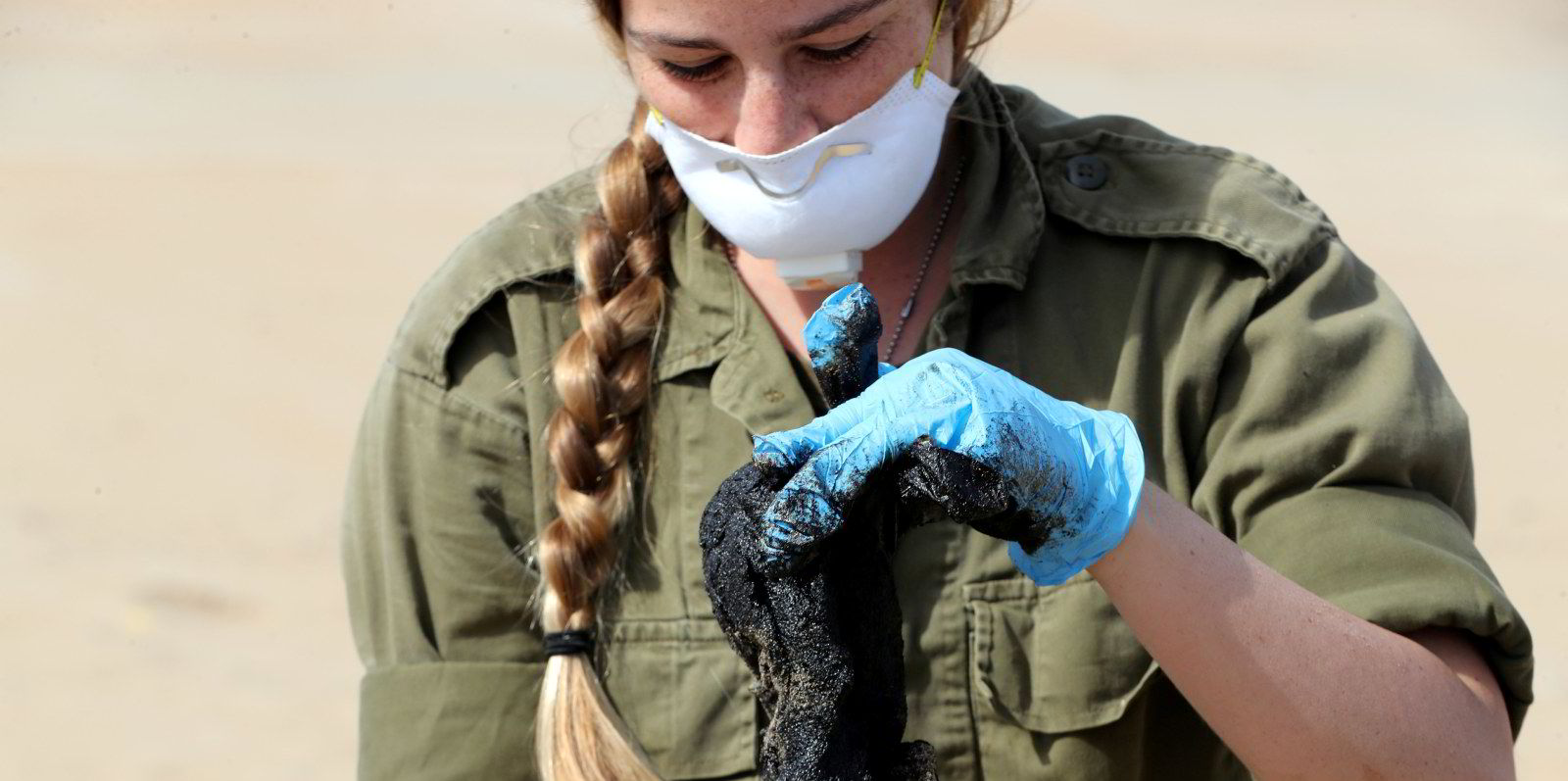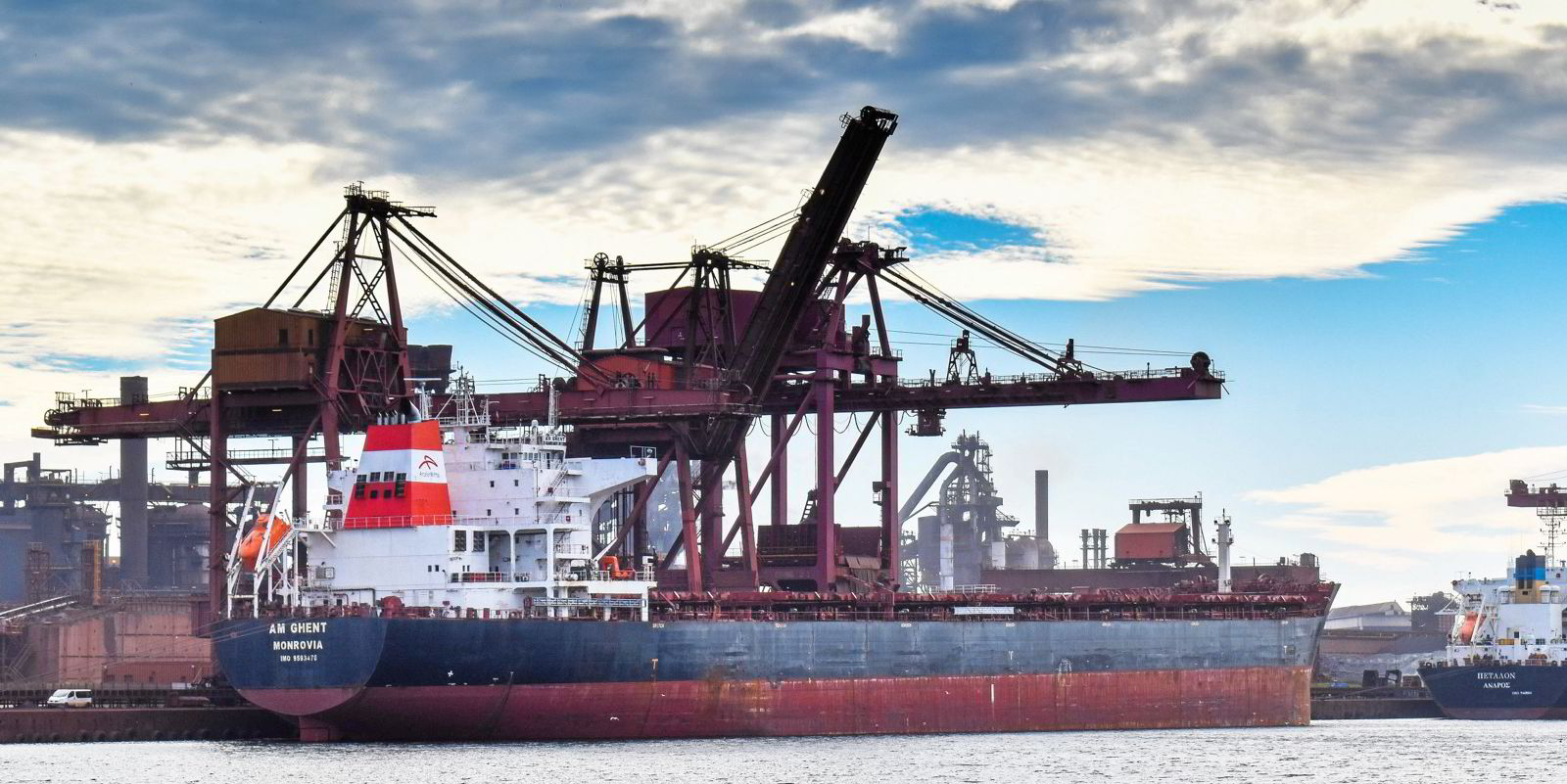From Brazil to Israel, ships have been named and publicly accused of causing massive pollution with little or no evidence. Headlines in the mainstream press and on social media declare the vessel guilty and, instead of waiting for evidence of guilt, demand that innocence be proved.
Unfortunately, proving innocence is difficult, especially to mainstream journalists who often know almost nothing about shipping and to a population that is tragically predisposed to believe that foreign shipping companies have no regard for the environment.
Publicly available AIS data is often the beginning of the problem. A map showing that a vessel “navigated strangely” in the area where the spill occurred is presented as “damning” evidence, but a shipping person would know that vessels often meander, drift and U-turn for routine reasons.
An error in AIS data that briefly shows the vessel in the area of suspicion before a data correction “returns” the vessel’s recorded location to her true location can lead to aggressive allegations.
How do you prove innocence to a Twitter user who is convinced they have found the guilty ship? Over the many cases we have worked on, we have found that a clear multipronged approach is required.
As soon as allegations are made, respond to them calmly and with facts either by approaching the individual reporters involved or by distributing a statement more widely if the allegations have already spread. Resist the urge to attack the accuser, and instead, layout a clear defence.
Detailed but simple
Include detail, but focus on the simplest part of your defence. For example, show that the vessel was not in the right place at the right time or it did not have the spilled substance on board.

Work with other parties. Can your flag state use Pole Star Long Range Identification and Tracking data, which is more difficult to manipulate than AIS, to verify the vessel’s movements? And will they issue a statement confirming the vessel’s location does not match the source of the pollution? Can the authorities in the country involved be pressed to clarify that your ship is only “one of many” vessels under suspicion? Can you reveal the clean results of a recent third-party vessel inspection?
Compile data — especially satellite data — that suggests your innocence. Geospatial intelligence companies, such as Geollect, can compile a wealth of data directing suspicion away from the vessel.
Speak to influential journalists and provide evidence to support all of the above. Teach them about shipping and help frame questions for them to ask the authorities that will raise doubts about the allegations against the vessel.
Unfortunately, even with all of the above, headlines in the mainstream press may stop short of declaring innocence and instead read “Company denies allegations”, which will still leave doubt.
This is where an active trade press with journalists who understand shipping can help.
Maritime journalists have the experience to recognise a baseless allegation and a network of sources who can help exculpate the vessel.
Circulate good articles
An article quoting such sources can help convince less knowledgeable journalists that the allegations are baseless — consider circulating such articles to the mainstream press. Such articles will also provide the citations needed to correct allegations on Wikipedia and in other online sources.
A significant part of my job is dealing with persistent, sometimes forceful, questioning from journalists. The most difficult questions often come from maritime journalists, and I admit at times I find such questions aggravating, but it is exactly because such experienced journalists know exactly which questions to ask that they can be invaluable when dealing with spurious allegations in the mainstream media.
The number of articles about our industry in the mainstream press increased by 30% from 2019 to 2020. The more the mainstream media reports on our industry, the more opportunity we have to showcase our industry’s contribution to modern society (a good thing), but also, the more we will need the skills of experienced maritime journalists who can report fairly, ask the right, sometimes difficult, questions, and provide a corrective guide to those journalists who know next to nothing about our often complex sector.
Dustin Eno is chief operating officer at
Navigate Response, a crisis communications firm.
Do you have an opinion to share?
Email: news@tradewindsnews.com





